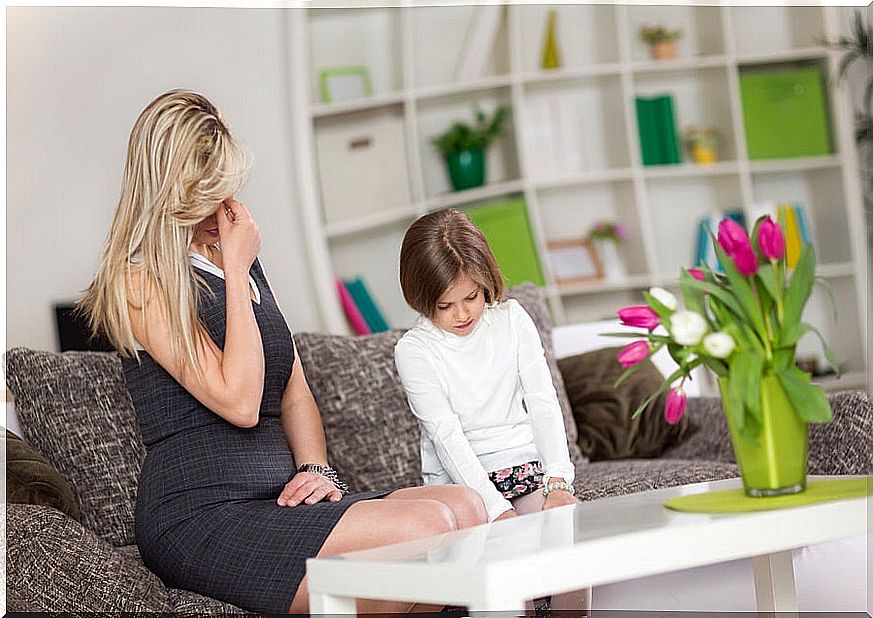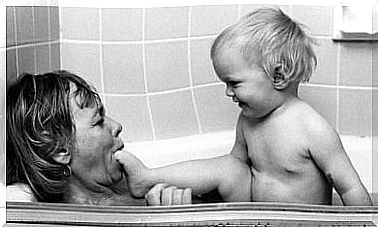How To Agree On The Education Of The Children?

When a couple decides to start a family and become parents, their stories begin to intertwine more closely. The way in which both were brought up will be evident, their beliefs, their fears and their desires will be irretrievably turned on their children. Hence, one of the great challenges of the couple is to agree on the education of their children.
What obstacles can we face
When it comes to agreeing on the education of the children, two situations can arise:
- When parents completely disagree on how to raise children. At times, the ways in which each one was educated could have been very different and, both wanting the best for their children, they reach a point of rigidity and of wanting to impose each one their point of view, without being able to see what it is better for the new family.
- When they reach agreements but one is more permissive than the other. This situation is a constant source of couple conflicts. On many occasions, rules are set, but one of the two is stricter when it comes to enforcing them. This creates a lot of insecurity in children, who need clear and loving limits for their correct physical, intellectual and emotional development.
When the child receives contradictory messages or hears how his parents fight in front of him, he feels without clear references. This can lead you to learn how to use these discrepancies to your advantage.

Strategies to agree on the education of children
- Talk about the type of education you have had at home and what you want to put into practice now that you are parents. No need to repeat any pattern. Now you are a new family and it is about finding those formulas that make you feel comfortable.
- Reach agreements about the limits that you are going to put on your children. Talk it over to each other first and then make clear to the little ones the rules and the consequences of breaking them, if any.
- When there is a confrontational situation between one of the parents and the child, the other must stay out of it. Listen and wait for the moment when you are alone to talk about it. If discussions arise, which they will, try to dialogue calmly and without losing sight of the fact that the objective is the well-being of the children.
- As we do with our children, it is also very healthy to make it clear to our partner what our limits are. Both of you must know what is the border that the other is not willing to cross.
More strategies
- Never blame the child for the problems. After all, he is the one who suffers the most when a problem arises between mom and dad. Put yourself in their place and don’t idealize life before becoming parents; he is not the cause of your disagreements.
- Let your child know that mom and dad are looking for the best for him. Let him know that you are both a team, even though you may disagree at times. Let him feel that he can trust both of you and that you are also learning the best way to educate him.

- If there has been a conflict and you have not agreed in front of the children, don’t worry, it is not the end of the world. Take advantage of the experience to sit down to analyze the situation and see what will be the best way to act when a similar one occurs again.
Do not fall into ego struggles, finally it is not about being right or being above your partner. It is about finding solutions and agreements, agreeing on the education of the children, having enough vision and empathy to forge new paths together that benefit the whole family.










